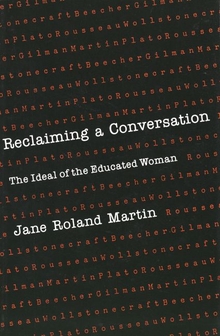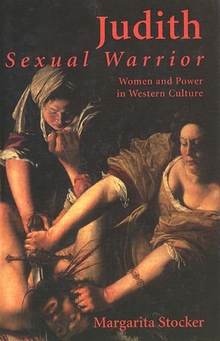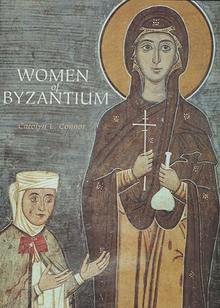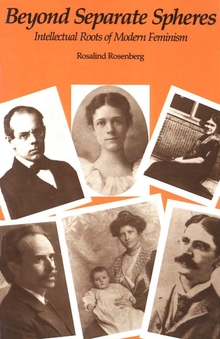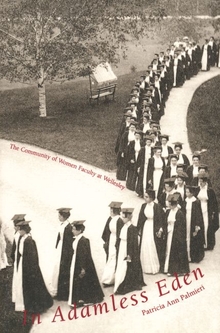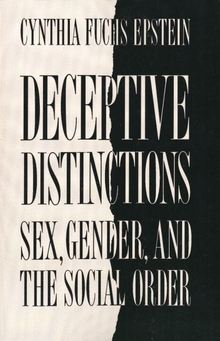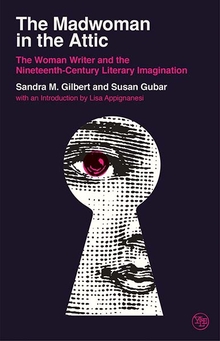Reclaiming a Conversation
WARNING
You are viewing an older version of the Yalebooks website. Please visit out new website with more updated information and a better user experience: https://www.yalebooks.com
The Ideal of Educated Woman
Jane Roland Martin
“A timely and important contribution both to feminist theory and to the philosophy of education.”—Carol Gilligan, Harvard University
“Fascinating. . . . The juxtaposition of views, together with Martin’s critical comparisons, illuminates each account.”—Martha Nussbaum, New York Review of Books
“Martin’s careful work shows [that]. . . a serious effort to design ideal education for women makes it necessary also to rethink men’s schooling. This is an important book.”—Library Journal
“Martin has provided a uniquely valuable service to educators.”—Sandra Harding, Journal of Education
“This is a decidedly intelligent and well-written book.”—Margaret Canovan, Times Higher Education Supplement
“The book ends with questions rather than answers: how best can each of us reflect all things human in our own lives, and how can education prepare us to do so effectively? The great strength of Martin’s work is the historical resonance that it gives both to these questions and the understanding of their fundamental importance for men and women alike.”—Margaret Rouse Bates, Signs
Selected as an American Educational Studies Association’s “Critics Choice” book for 1986
"Jane Martin has provided a uniquely valuable service to educators in demonstrating that we need not reinvent the wheel to begin thinking critically about what would be more desirable ideals and practices of education. Martin frames her study within the assumptions of contemporary feminist theory, and particularly focuses on the fundamental questions about women's and men's education which have been asked by Adrienne Rich."—Sandra Harding, Journal of Education
"This is a decidedly intelligent and well-written book, which amply vindicates her work of reclamation."—Margaret Canovan, Times Higher Education Supplement
"This book is so well written, and so mild-mannered in its tone, that one might easily miss its revolutionary intent."—Margaret Rouse Bates, SIGNS
Publication Date: September 10, 1987

